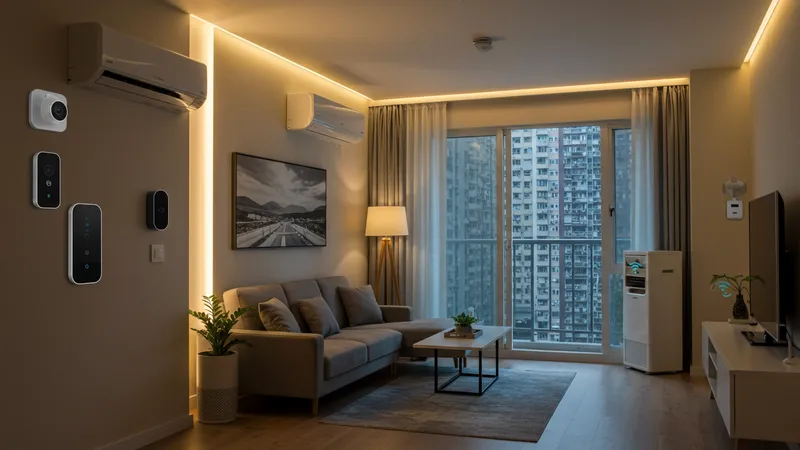
Exploring Smart Home Innovations And Modern Home Products In Hong Kong
Categories of Smart Home Technologies in Hong Kong
Hong Kong’s demand for intelligent living is expressed across several distinct product categories. Lighting automation, represented by systems like the Philips Hue, enables remote and voice-based control over ambience, which is especially valuable in homes where multi-functionality is a must. Smart security, an essential in densely populated buildings, is advancing rapidly through products such as Ring and Lockly, which deliver real-time notifications and remote access via mobile apps.

Air quality and climate control have received particular attention. Xiaomi Smart Air Purifier and LG’s Wi-Fi Inverter Air Conditioner respond to local needs for comfort and health, as apartments in Hong Kong often lack outdoor space or advanced central ventilation. These solutions use sensors and AI algorithms to regulate the environment efficiently, a strong selling point in seasonal humidity and pollution.
Household automation and routine management are transformed by robotic vacuums like ECOVACS DEEBOT and smart appliances such as Bosch’s connected washing machine. These products not only save time but are also compact enough to store easily in smaller flats—the kind prevalent throughout Hong Kong’s residential landscape.
Centralized smart home hubs, such as Samsung SmartThings, serve as the backbone for interconnected living. By uniting lighting, security, and appliances under one platform, these hubs simplify daily control, push notifications, and even energy monitoring—features that align with local preferences for efficiency and simplicity.